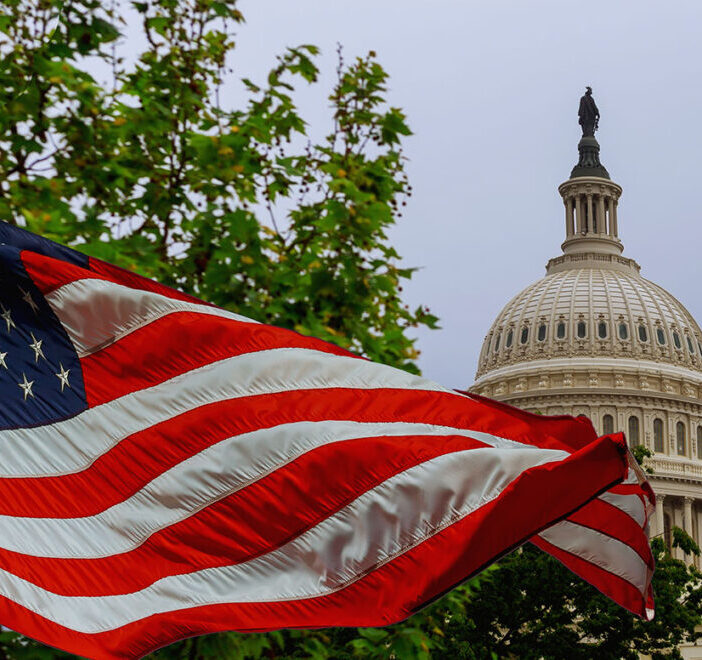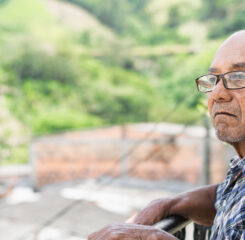Final ‘Public Charge’ Rule Allows Eligible Noncitizens to Get Needed Assistance
The receipt of housing assistance or HHS benefits will not be determining factors in how the Department of Homeland Security determines whether a person will become a “public charge,” the Department of Homeland Security said in a final rule issued on September 8. If a noncitizen is considered likely to become a public charge, someone who is determined to be primarily reliant on the government for assistance, can result in them being denied admission to the United States or to getting a green card.
The rule will help ensure that noncitizens can access health- and housing-related benefits and other supplemental government services to which they are entitled by law, without triggering harmful immigration consequences. The final rule does not expand eligibility for Medicaid, CHIP, housing assistance or other benefits to more people but clarifies DHS policy regarding recipients.
In 2018, the Trump Administration began efforts to change public charge determination factors to include receipt of housing assistance for the first time, something that some have said has had a chilling effect on people in need of housing assistance not seeking or receiving that needed assistance.
The September 8, 2022, final rule clarifies when and whether a noncitizen can be penalized via what they can do with their immigration status for the purpose of accessing benefits. When someone accesses housing assistance, they will not be penalized when they are trying to adjust their immigration status, for example by becoming a lawful permanent resident.
“This action ensures fair and humane treatment of legal immigrants and their U.S. citizen family members,” Secretary of Homeland Security Alejandro N. Mayorkas said in a press statement upon publication of the final rule. “Consistent with America’s bedrock values, we will not penalize individuals for choosing to access the health benefits and other supplemental government services available to them.”
“DHS will not consider in public charge determinations benefits received by family members other than the applicant. DHS will also not consider receipt of certain non-cash benefits for which noncitizens may be eligible. These benefits include: Supplemental Nutrition Assistance Program (SNAP) or other nutrition programs, Children’s Health Insurance Program (CHIP), Medicaid (other than for long-term institutionalization), housing benefits, any benefits related to immunizations or testing for communicable diseases, or other supplemental or special-purpose benefits,” DHS’s statement also says.
LeadingAge supports the final rule and advocated against the 2019 changes because they would allow the denial of permanent residency to immigrants legally in the country simply because they accessed housing assistance.
The final rule is effective December 23, 2022.
Read the final DHS rule.
As a reminder, LeadingAge’s regulatory tracker allows LeadingAge members to see the regulations LeadingAge is tracking, monitoring, and commenting on.

Most Recommended
October 15, 2025
 Shutdown Week Three: Impact of Ongoing Closure on Affordable Housing
Shutdown Week Three: Impact of Ongoing Closure on Affordable Housing
February 24, 2026
Fiscal Year (FY) Funding 2026
October 07, 2025
Immigrant Workforce Matching Program Brings Workforce Relief
Recently Added
March 03, 2026
DOL Proposes New Worker Classification Rule
March 03, 2026



